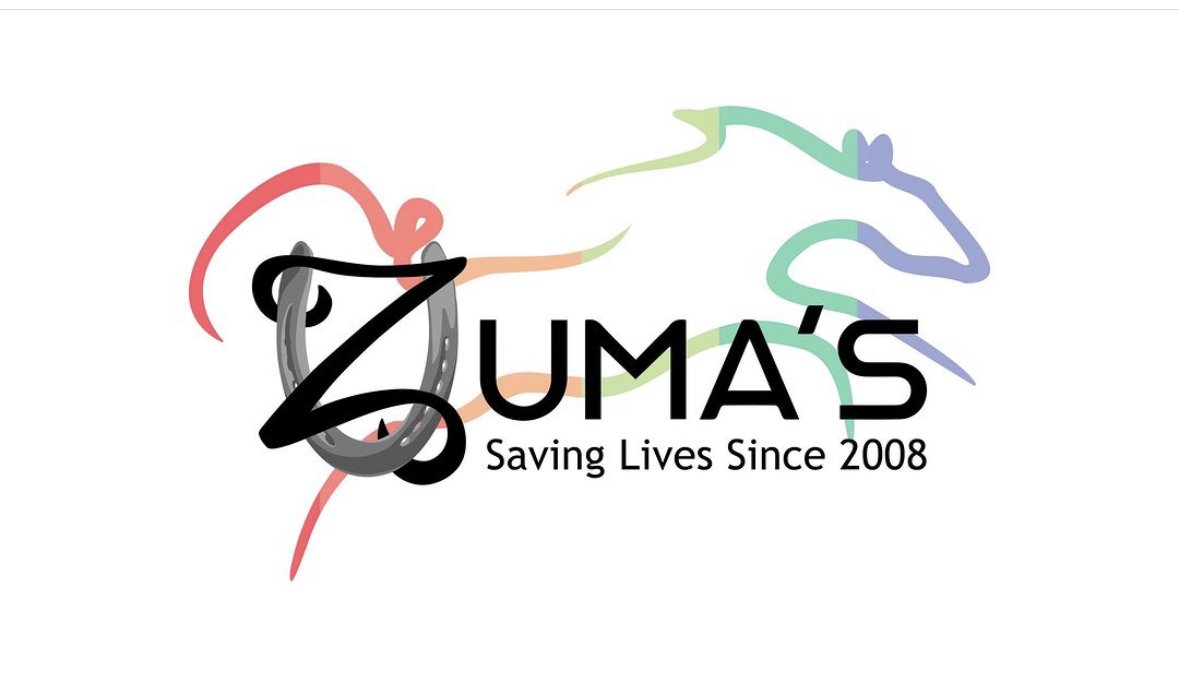Is there only one way to effectively operate an animal rescue?
I remember the day I rescued my first eight horses as a private citizen. For four years, I continued to rescue 20 more horses and provided love and care for them, basically alone. After those four years, I announced to my husband that I wanted to start a nonprofit horse rescue. After some research, my dear husband announced that going to rescue was like jumping into a cesspool.
To this day, I don’t believe rescue itself is a cesspool. However, I’ve witnessed unsettling behavior within the rescue community—actions and words that can sometimes make it feel “cesspool-ish.”
That said, rescue is, at its core, a selfless endeavor. The mission challenges and depletes your resources, body, mind, and soul. There is never enough funding to say “yes” to every animal in need, and saying “no” often feels like a personal failure. It’s a constant battle between a rock and a hard place.
Adding to these challenges is the noise of public opinion, amplified by social media. Loud, often uninformed commentary creates unnecessary hurdles for an already difficult mission. Yet, despite these challenges, the heart of rescue remains pure: to save lives and make a difference, no matter the cost.
Are your operations a rescue, a sanctuary, an education center, a rehabilitation center, a mental health center, or a community center? For Zuma’s, the answer is yes to all of the above. Does that mean every organization must offer all these opportunities to be considered a nonprofit that serves the underserved? My answer is no.
The IRS defines a nonprofit as: “Organizations organized and operated exclusively for religious, charitable, scientific, testing for public safety, literary, educational, or other specified purposes.” Whether you rescue and sanctuary animals, rescue, rehabilitate, and adopt them out, or rescue and rehabilitate while placing them in fee-for-service programs—all of these scenarios qualify as rescue endeavors.
It’s also perfectly legitimate to charge adoption fees based on your efforts and expenses. No one has the right to judge your fees, policies, or procedures.
One might think funding is the most challenging aspect of animal rescue, and while raising awareness and money is difficult, dealing with unsolicited opinions from the public and fellow nonprofits is often far more challenging. Online keyboard warriors frequently serve no constructive purpose; instead, they use platforms to express frustration with an organization that doesn’t meet their personal expectations or desires.
If a rescue organization says no to you handling an animal, are they wrong? If they reject your adoption application, are they wrong? If they eliminate a staff member, volunteer, or client, are they wrong? Most of the time, these decisions are based on a clear trespass against the stated rules of the organization.
People who feel that donating or volunteering gives them a license to disregard those rules are, simply put, in the wrong. Disagreeing with an organization is not a justification for public slander. If you don’t align with an organization, you are free to leave. But leaving with an axe to grind and engaging in public defamation—that is the very behavior that makes the rescue community feel like a cesspool at times.
As a former advisory board member for the ASPCA, HSUS, and AWI for 10 years, I learned that you will never make all of your donors, volunteers, and clients happy, and that is not a rescue's job. A rescue/sanctuary's job is to provide the best care for the animals in their care, and how you do that is 100% up to the organization, not those who only serve to challenge an already difficult mission.
I say Let Them…. and soilder on.

